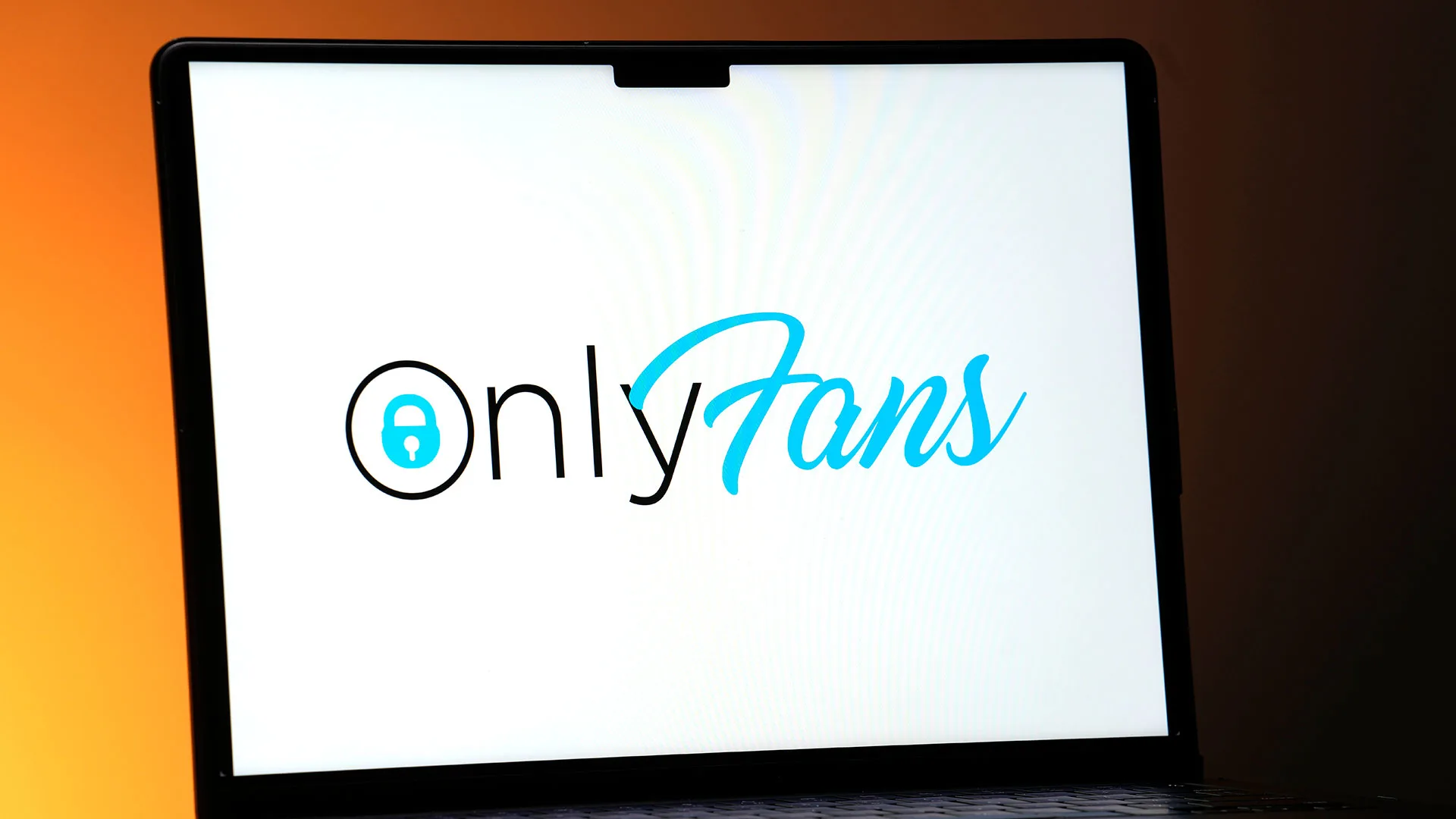
"asking people for IDs or face scans to prove they are over 18 or 21 or even 13. To proponents, they're a tool to keep children away from adult websites and other material that might be harmful to them. But opponents see a worrisome trend toward a less secure, less private and less free internet, where people can be denied access not just to pornography but news, health information and the ability to speak openly and anonymously."
"'I think that many of these laws come from a place of good intentions,' said Jennifer Huddleston, a senior technology policy fellow at the Cato Institute, a libertarian think tank. 'Certainly we all want to protect young people from harmful content before they're ready to see it.' More than 20 states have passed some kind of age verification law, though many face legal challenges."
Online age verification is expanding across states and countries, requiring IDs or biometric scans to prove ages for access to pornography, social media, and other content. Supporters frame the measures as tools to shield minors from potentially harmful material. Opponents warn of threats to privacy, security, free expression, anonymity, and access to news and health information. Multiple U.S. states have enacted laws while legal challenges continue and the Supreme Court has allowed some measures to stand. Several platforms and countries, including the United Kingdom, France, and Australia, are implementing or testing verification systems and age-restriction policies.
Read at Fast Company
Unable to calculate read time
Collection
[
|
...
]